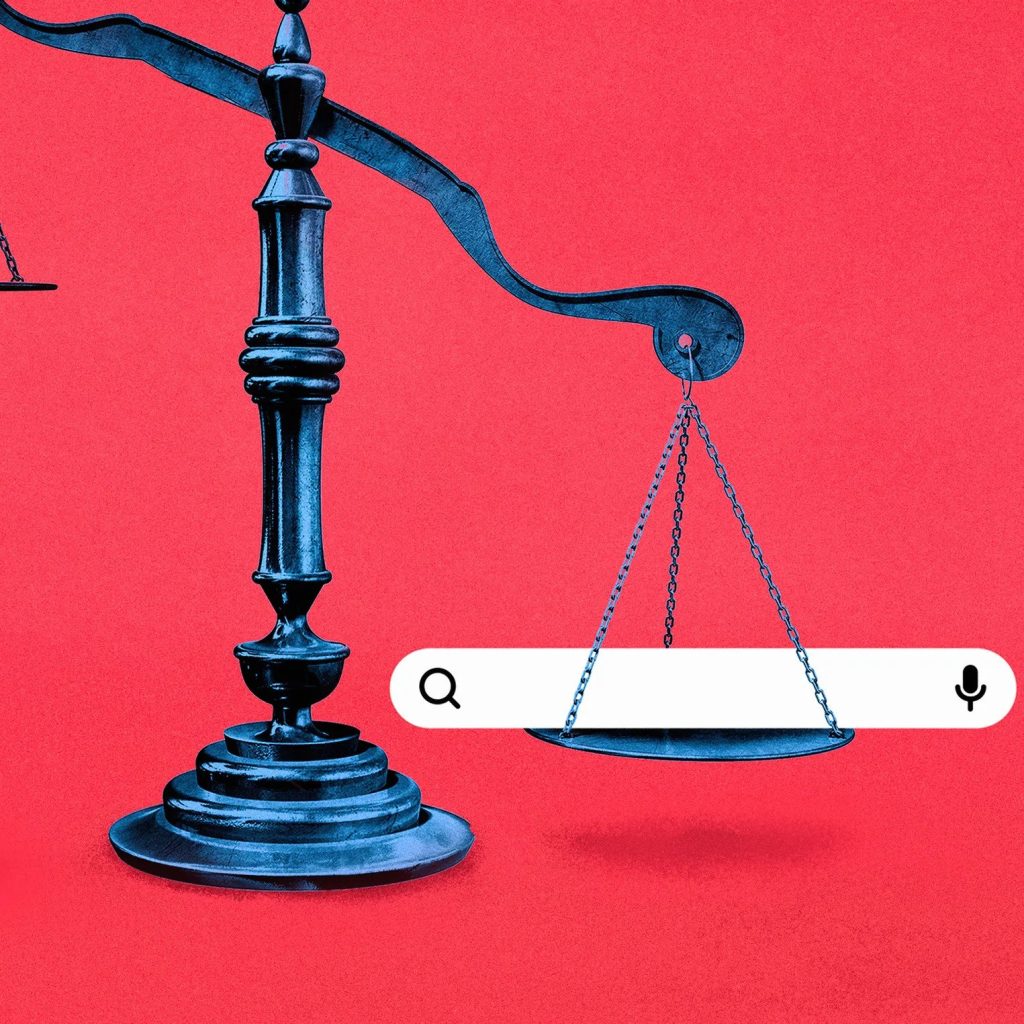If judges won’t respect the opinion of the very authors of the corpora on how they should and should not be used, where does that leave us? “Bueller? Bueller?”
BY:
Eric De Grasse
Chief Technology Officer
PROJECT COUNSEL MEDIA
13 June 2022 – Many thought it was simply a massive bad decision from an inexperienced judge. But there was more to it – it was a massive bad decision from an inexperienced textualist judge with an overreliance on big data.
The Verge discusses all of this in a piece “The Linguistics Search Engine that Overturned the Federal Mask Mandate”. Search is useful, but it must be accompanied by good judgment. When a lawsuit challenging the federal mask mandate came across her bench, federal judge Kathryn Mizelle turned to the letter of the law. Literally. Reporter Nicole Wetsman tells us:
“Mizelle took a textualist approach to the question — looking specifically at the meaning of the words in the law. But along with consulting dictionaries, she consulted a database of language, called a corpus, built by a Brigham Young University linguistics professor for other linguists. Pulling every example of the word ‘sanitation’ from 1930 to 1944, she concluded that ‘sanitation’ was used to describe actively making something clean — not as a way to keep something clean. So, she decided, masks aren’t actually ‘sanitation.’”
That is some fine hair splitting. The high-profile decision illustrates a trend in US courts that has been growing since 2018—basing legal decisions on large collections of texts meant for academic exploration. The article explains:
“A corpus is a vast database of written language that can include things like books, articles, speeches, and other texts, amounting to hundreds of millions of lines of text or more. Linguists usually use corpora for scholarly projects to break down how language is used and what words are used for. Linguists are concerned that judges aren’t actually trained well enough to use the tools properly. ‘It really worries me that naive judges would be spending their lunch hour doing quick-and-dirty searches of corpora, and getting data that is going to inform their opinion,’ says Mark Davies, the now-retired Brigham Young University linguistics professor who built both the Corpus of Contemporary American English and the Corpus of Historical American English. These two corpora have become the tools most commonly used by judges who favor legal corpus linguistics.”
Here is an example of how a lack of careful consideration while using the corpora can lead to a bad decision: the most frequent usage of a particular word (like “sanitation”) is not always the most commonly understood usage. Linguists emphasize the proper use of these databases requires skilled interpretation, a finesse a growing number of justices either do not possess or choose not to use. Such textualists apply a strictly literal interpretation to the words that make up a law, ignoring both the intent of lawmakers and legislative history. This approach means judges can avoid having to think too deeply or give reasons on the merits for their interpretations. Why, one might ask, should we have justices at all when we could just ask a database? Perhaps we are headed that way. We suppose it would save a lot of tax dollars.
The U.S. legal system is becoming an incomprehensible farce and much of this textualism and software and how it has gutted the legal system is well-covered in Bruce Gibney’s book “The Nonsense Factory: The Making and Breaking of the American Legal System” – how savvy lawyers have used technology to break the system to their advantage, how the shift to a legal system that has confused quantity with quality has killed the U.S. legal system’s legitimacy. As the law bloats into chaos, it staggers on. Granted, it is a lot more complex than that. You need to examine the U.S. legal system as a whole, and realise the individual tragedies often portrayed as isolated mistakes are really part of a larger motif. A motif that includes police misconduct, prosecutorial overreach, the squalid workings of Congress, and the outrages of imperial presidencies and conservatives who thumb their noses, with impunity, at a legal system they know they can ignore – unless it works to their advantage. The evitable consequences are the law’s descent into lawlessness.
Read the full Verge article for more on legal corpora and how judges use them, textualism, and the problems with this simplified approach. If judges won’t respect the opinion of the very authors of the corpora on how they should and should not be used, where does that leave us? “Bueller? Bueller?”
